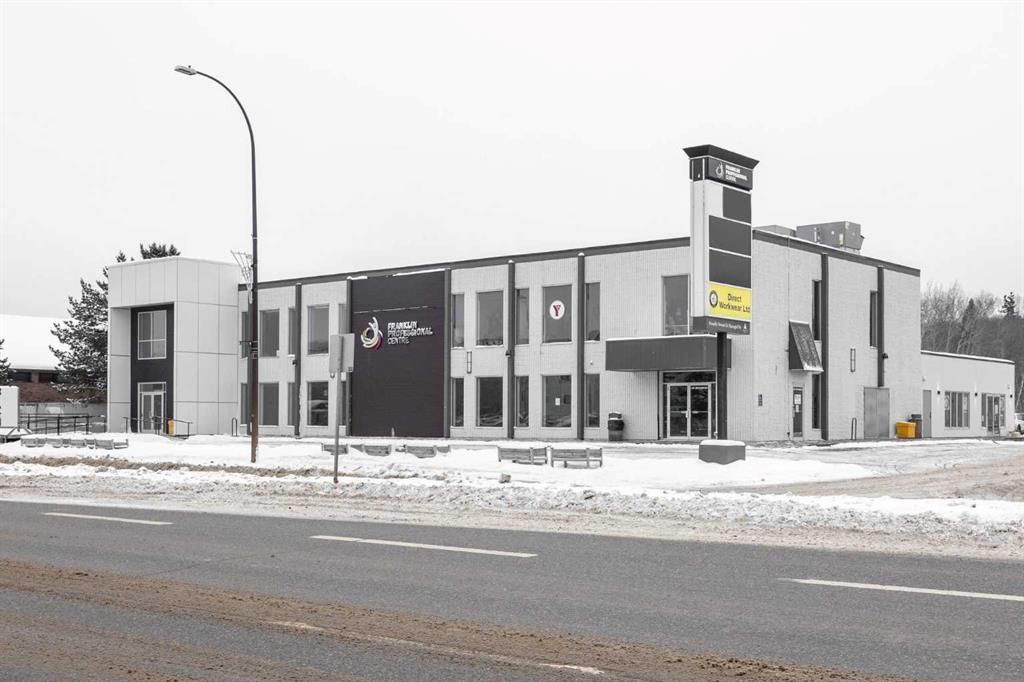Negotiating a commercial lease is crucial for securing the right location at the best terms. A well-structured lease ensures cost control, flexibility, and long-term stability, while a poorly negotiated one can lead to financial strain and operational challenges.
This guide covers key strategies, essential terms, and expert tips to help you secure a lease that supports your business’s success.
Why a Strong Lease Agreement Matters?
Your lease dictates your expenses, flexibility, and long-term viability. Negotiating effectively can help secure fair terms, minimize risks, and align the agreement with your business goals. Understanding key lease terms, assessing market conditions, and seeking expert advice can make a significant difference.
Understanding Commercial Leases
Key Lease Terms
- Base Rent: The fixed cost of leasing the space.
- Lease Term: Typically 3–10 years.
- Renewal Options: Terms for extending your lease.
- Rent Escalation: How and when rent increases.
- CAM (Common Area Maintenance) Fees: Shared property maintenance costs.
Types of Commercial Leases
- Gross Lease: Landlord covers most expenses.
- Net Lease: Tenant pays rent plus some operating costs.
- Percentage Lease: Tenant pays base rent plus a percentage of sales.
Defining Your Business Needs
Space and Location Requirements
- Size & Layout: Ensure the space supports operations.
- Foot Traffic & Accessibility: Choose a location that aligns with your target market.
- Expansion Plans: Consider long-term growth.
Budgeting & Financial Planning
Factor in:
- Base rent and additional costs
- Security deposit
- Potential rent increases
Researching Market Conditions
Market Analysis
- Compare lease rates in the area.
- Assess vacancy rates and demand.
Property Comparisons
- Evaluate location advantages.
- Review lease terms and costs across multiple properties.
- Explore available lease options to compare terms and find a suitable space for your business.
Key Negotiation Points
Rent & Payment Terms
- Secure a competitive base rent.
- Negotiate rent increases to prevent sudden spikes.
Lease Term & Flexibility
- Shorter leases offer flexibility; longer leases provide stability.
- Discuss renewal options and exit clauses.
Operating Costs & Responsibilities
- Clarify maintenance, repairs, and tax obligations.
- Negotiate CAM fees and request caps on increases.
Incentives & Allowances
- Ask for rent-free months during setup.
- Request tenant improvement allowances for renovations.
Security Deposit & Insurance
- Understand deposit terms and refund conditions.
- Ensure compliance with insurance requirements.
Lease Clauses to Review
- Exclusive Use Clause: Prevents competing businesses in the same property.
- Co-Tenancy Clause: Allows lease adjustments if key anchor tenants leave.
- Signage Rights: Ensures visibility for your business.
- Subleasing Options: Provides flexibility in case of relocation.
Getting Professional Support
Hiring Experts
- Commercial Broker: Helps find and negotiate space.
- Real Estate Lawyer: Reviews legal terms and protects your interests.
- Financial Advisor: Ensures lease affordability.
Smart Negotiation Strategies
Build a Positive Relationship with the Landlord
- Communicate clearly and professionally.
- Demonstrate business stability.
Leverage Market Data
- Use research to justify rent and lease terms.
- Highlight your business’s value as a tenant.
Be Ready to Walk Away
- If terms aren’t favourable, explore other options.
Common Lease Pitfalls
- Unclear Cost Responsibilities: Ensure all expenses are detailed.
- Rigid Terms: Negotiate flexibility for future growth.
- Landlord Reputation: Research property management quality.
Finalizing Your Lease
Review & Sign
- Carefully review all terms.
- Seek legal advice before signing.
Prepare for Move-In
- Complete necessary permits and business registrations.
- Plan renovations and setup efficiently.
Negotiation Success Story (Sample)
A boutique owner secured:
- 6-month rent-free period
- Flexible renewal terms
- Exclusive product rights
By researching the market, working with professionals, and negotiating strategically, they secured a lease that supported long-term success.
Conclusion: Secure the Right Lease for Your Business
Negotiating a retail lease requires preparation and strategic negotiation. By understanding lease terms, assessing financial commitments, and seeking expert guidance, you can secure a lease that supports your business growth and profitability. Start early, stay informed, and negotiate with confidence. For expert assistance, Susan Lore and Tristan Parker can help guide you through the process and ensure you secure the best possible terms.


